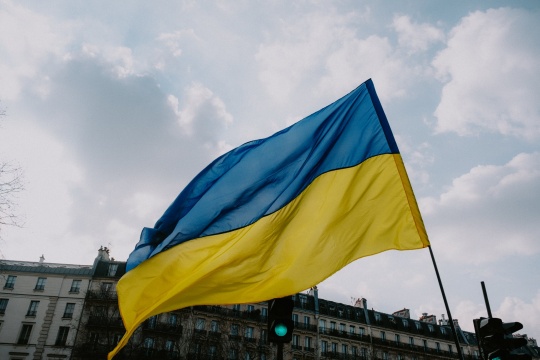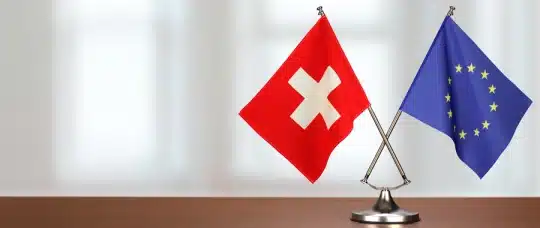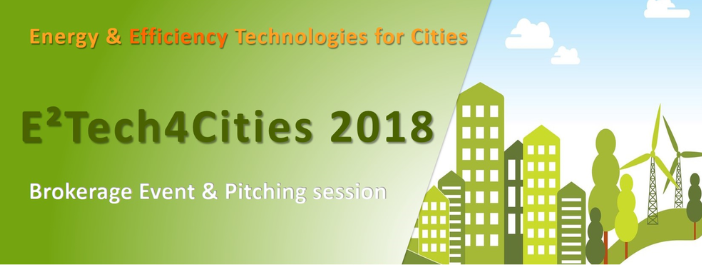
E²Tech4Cities 2018 took place in Brussels on the 7th of June as a part of the EU Sustainable Energy Week (EUSEW) and Brussels Exporters Day. It was organized by Brussels Enterprise Europe Network and hosted by hub.brussels with the aim of organizing a networking event for those working in the energy efficiency field.
Hub.brussels also spoke of the role of the National Contact Points (NCPs) have for the local businesses. NCPs provide assistance with identifying suitable EU projects, support you with advice during the writing process as well as assess and give feedback to the proposal before it is submitted. However, they do not write the proposal for the applicant. NCPs also provide assistance throughout the project itself legal, financial, etc issues completely free of charge. Of course, the service is aimed at businesses registered in the NCP’s region, i.e in the case of hub.brussels it’s aimed at supporting businesses registered in Brussels.
Therefore, if you need any assistance in the process of your project, you may freely turn to your local NCP and they will provide you support in your local language. The list of NCP’s across Europe is available here.
If you need assistance with the finances of your project, you may turn to EFMC as we are here to help you out. See the list of our services here to find one suitable for you or contact us via email info@efmc.eu
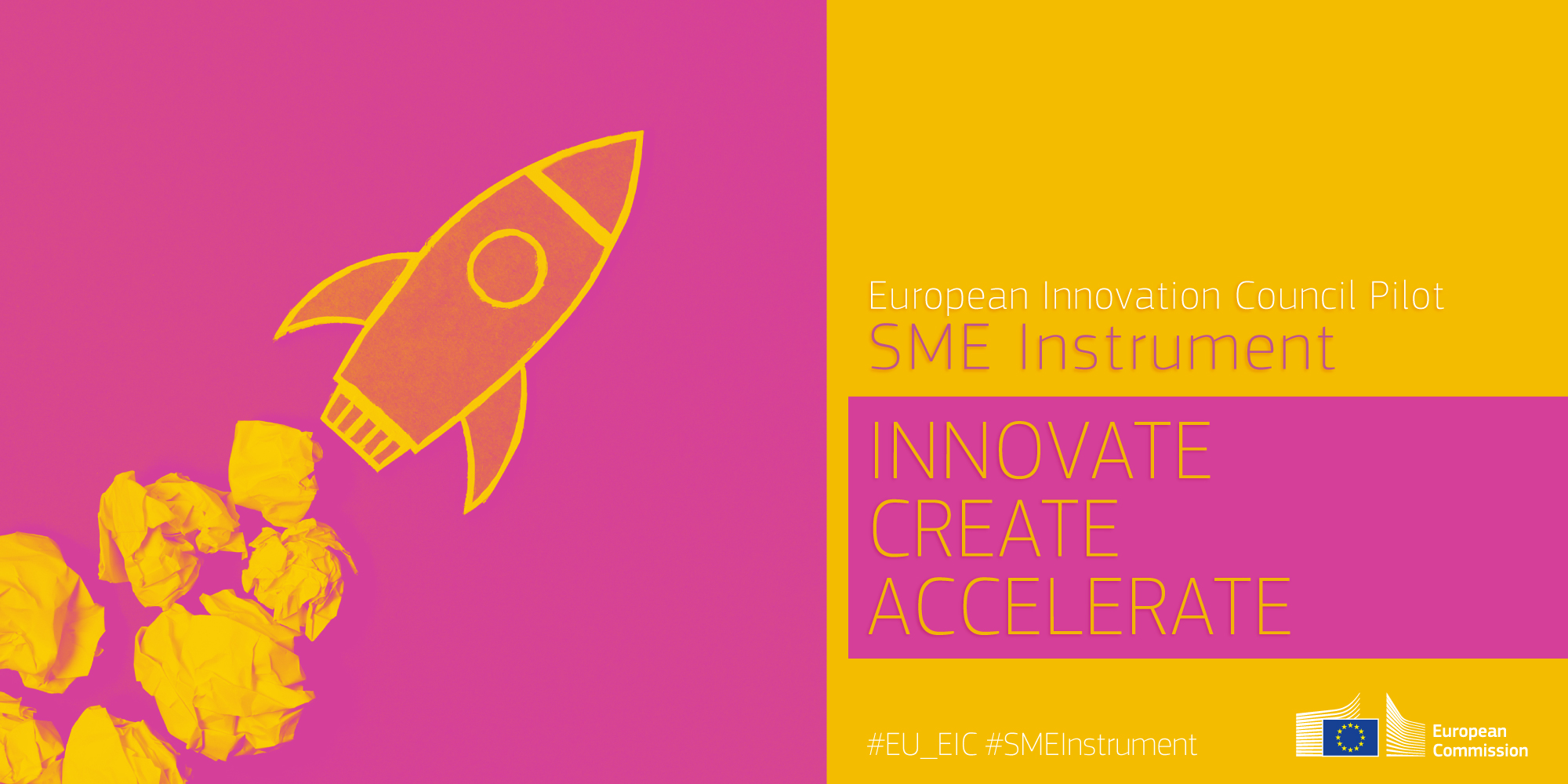
The SME Instrument
Hub.brussels also introduced the Horizon 2020 SME Instrument. Your business may apply for the SME Instrument if your product or service idea is disruptive and your business qualifies as an SME.
To check if you qualify as an SME and for other useful tips regarding the SME Instrument see this site.
In Phase 1 you may receive 50 000 EUR for a project lasting between 2-6 months. In this stage you will already benefit from coaching support. The proposal itself is only 10 pages.
Phase 1 is aimed for at a feasibility assessment– you have a solution to a problem and you do not yet know if this is feasible. The financing is provided for exploring IP rights, doing a risk assessment, design or a market research, etc.
Keep in mind that the R&D needs to happen in-house as the Commission does not want to fund projects where the main body of the work is outsourced.
At the end of this stage you will need to produce a feasibility study (technical and commercial), including a business plan.
For info about IP rights you may contact the EU IPR Helpdesk.
In Phase 2 you may receive funding between 0.5- 2.5 mln EUR with a 70%.The proposal is 30 pages and there will be a face-to-face pitch in Brussels in front of experts on the topic.
The project should last between 12-24 months and have two deliverables:
- A product/service which can conquer the market
- Business innovation plan with a commercialization strategy
Activities supported under this phase are prototyping, testing, piloting, scaling-up, or application development.
In terms of TRL (Technology Readiness Level) you should be around TRL5 for Phase 1 and TRL 7-8 for Phase 2.
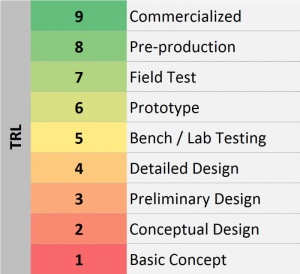
Phase 3 is only for Phase 2 beneficiaries. Go-to-market stage where you receive:
- EU Quality label which is useful for promotion purposes
- Networking with financers as well as potential clients
- Investment readiness training
- SME window in the EU Financial Facilities (debt & equity backed by EIB/EIF)
- Link to Public Procurement Networks
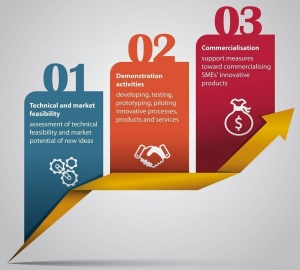
Something interesting to note for businesses in the Walloon region. If the applicant receives 13 points out of 15 for the proposal and the EC provides you with the seal of approval, but you do not receive funding, then the regional governement would provide the funds for your project.
You may read more about the SME Instrument see here
Open calls for SME Instrument are accessible here.
EFMC – European Fund Management Consulting
Kristiina Kook
PR and events coordinator

